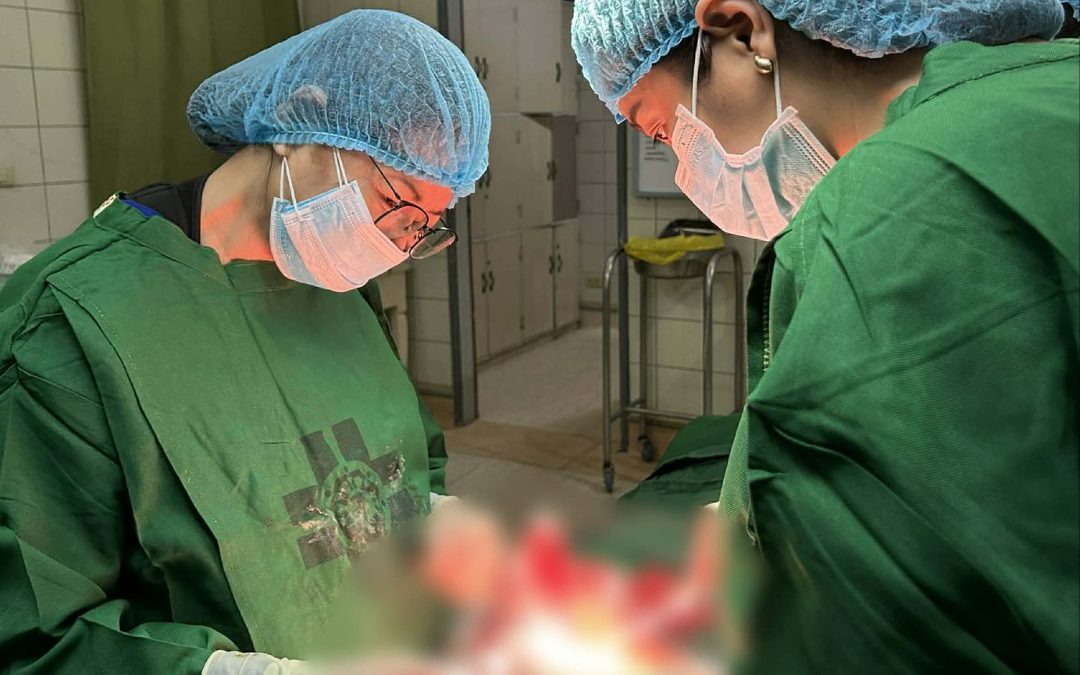Cervical cancer occurs when cells in the cervix, the lower part of the uterus that connects to the vagina, grow uncontrollably. It is most commonly caused by persistent infection with high-risk types of human papillomavirus (HPV). Over time, these abnormal cells can develop into cancer if not detected and treated early.
Prevention of Cervical Cancer:
- HPV Vaccination:
- Get Vaccinated: The HPV vaccine protects against the types of HPV that cause most cervical cancers. It’s most effective when given to preteens, but can be administered up to age 45.
- Regular Screening:
- Pap Smear Tests: Begin screening at age 21 and continue as recommended by your healthcare provider. Pap tests can detect precancerous changes in cervical cells.
- HPV Tests: Often combined with Pap tests, these screen for the presence of high-risk HPV types.
- Safe Sexual Practices:
- Use Condoms: Reduces the risk of HPV transmission.
- Limit Number of Sexual Partners: Reduces exposure to HPV.
- Avoid Smoking:
- Quit Smoking: Smoking increases the risk of cervical and other cancers. Seek resources to help quit if needed.
- Maintain a Healthy Lifestyle:
- Balanced Diet: Eat a diet rich in fruits, vegetables, and whole grains.
- Regular Exercise: Maintain a healthy weight through regular physical activity.
Treatment of Cervical Cancer:
- Early Detection and Monitoring:
- Regular Follow-Ups: If abnormal cells are detected, further testing like colposcopy and biopsy may be needed to monitor changes.
- Medical Procedures:
- Cryotherapy: Freezes and removes abnormal cervical cells.
- LEEP (Loop Electrosurgical Excision Procedure): Removes abnormal tissue using electrical current.
- Conization: Removes a cone-shaped piece of tissue from the cervix for examination and treatment.
- Surgical Options:
- Hysterectomy: Removal of the uterus and cervix, recommended in severe cases or if cancer is detected.
- Advanced Treatments:
- Radiation Therapy: Uses high-energy rays to kill cancer cells.
- Chemotherapy: Uses drugs to kill cancer cells, often in combination with radiation.
- Targeted Therapy: Uses drugs to target specific molecules involved in cancer cell growth.
General Health Tips for Prevention and Support:
- Healthy Diet:
- Nutritious Foods: Focus on a diet rich in fruits, vegetables, lean proteins, and whole grains to support immune function.
- Physical Activity:
- Regular Exercise: Engage in at least 150 minutes of moderate-intensity exercise each week.
- Avoid Risk Factors:
- Limit Alcohol Consumption: Excessive alcohol intake can increase cancer risk.
By following these preventive measures and seeking appropriate treatment if diagnosed, individuals can significantly reduce their risk of cervical cancer and improve their chances of successful treatment. Regular medical consultations and staying informed about cervical health are essential steps in the prevention and management of cervical cancer.
For inquiries and appointment please call us;
961-2234, 961-2442, 961-2284, 961-2616
Visit: OPD Building. B.Mendoza St., Sto.Rosario, City of San Fernando Pampanga



